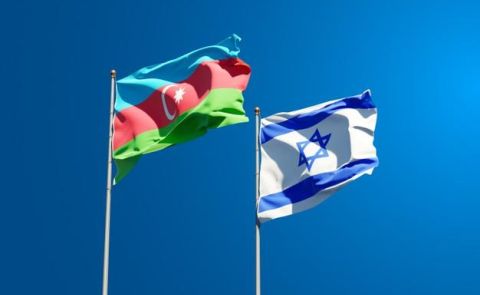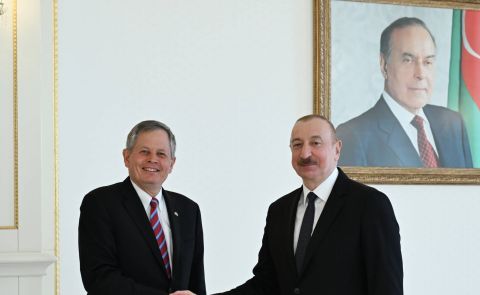
Abkhazia’s Ousted Leader Seeks Re-election
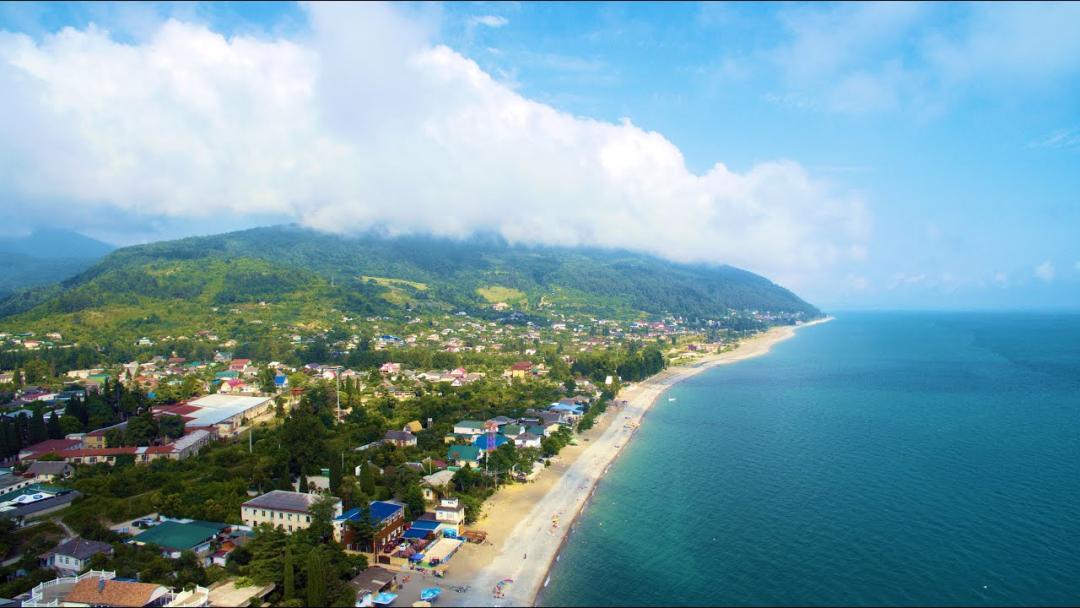
Following the ousting of de-facto President Aslan Bzhania by the opposition, Vice President Badra Gunba has assumed the role of acting president of the separatist entity. One of Gunba’s first decrees was the dismissal of de-facto Prime Minister Alexander Ankvab—a move that struck many as ironic, given that Gunba is widely regarded as Ankvab’s protégé. Social media users humorously paraphrased the famous quote attributed to Julius Caesar, replacing "Brutus" with "Badra."
Valery Bganba has been appointed as the new de-facto prime minister, marking his third tenure as a crisis manager. In addition, agreements have been reached that the de-facto Minister of Economy, Kristina Ozgan, and the head of presidential security, Dmitry Dbar, must also resign. All other officials are set to remain in their positions.
It is evident that Aslan Bzhania is relying on the remaining administrative apparatus to bolster his political aspirations. The former president, whose controversial tenure sparked the recent unrest, has already announced his intention to run in the upcoming presidential elections, scheduled for February. In a gesture of gratitude, Bzhania hosted a banquet for his supporters before sending emissaries to mobilize public support. However, social media reports claim that Bzhania’s allies have resorted to threats against active participants in the protests.
Among those reportedly targeted is Abkhaz repatriate Ali Kudzhba. Social media users also allege that aggressive actions against protesters in the Gagra region were orchestrated by the head of the district administration, Yuri Khagush. Despite these allegations circulating on social networks and in the media, the Prosecutor General’s Office has not responded to the accusations.
On November 21, the Coordination Council (CC), established during the crisis, convened a meeting attended by representatives of public and political organizations, the Council of Elders, and members of the creative and scientific intelligentsia. “This is no longer just an opposition movement; it is a people’s movement,” declared Adgur Ardzinba, head of the Abkhaz People’s Movement (APM), as he opened the meeting.
The council’s goals and objectives were outlined by Leuan Mikaa, Chairman of the Committee for the Protection of Abkhazia's Sovereignty. “First and foremost, the agenda includes the investment agreement and the sale of real estate in general. These issues must be permanently removed from the parliament’s agenda. Another pressing matter is television. A public council should be established to oversee it, composed of reputable individuals who will define the channel’s broadcasting policies,” he stated.
The Coordination Council has formally called on the parliament to reject the investment agreement. “This agreement almost led to civil war,” warned Temur Gulia, head of the veteran organization Aruaa. Speaker of Parliament Valery Kvarchia echoed these sentiments, stating, “Everyone in Abkhazia and Russia who is not an enemy of our people understands that the investment agreement is detrimental to Abkhazia and offers no benefit.”
For the first time in five years, state television covered a public meeting, signaling a shift in the political atmosphere. The current unrest appears to be evolving into a broader revolution, with an increasingly engaged public demanding systemic change rather than settling for Aslan Bzhania’s resignation. The public is calling for guarantees to prevent any future president from acting against the interests of the people and the state.
Civil activists have called for postponing the presidential elections and amending the constitution. A memorandum signed by 40 lawyers—and continuously gaining endorsements from other public figures—highlights the urgent need for reforms. The proposed changes include transitioning to a mixed (majoritarian-proportional) electoral system for parliamentary elections; redistributing powers between branches of government to enhance parliament’s role in forming and overseeing the government; strengthening judicial independence; instituting direct elections for district and city administration heads; and creating an independent public television network governed by a board of trustees.
Meanwhile, documents circulating on social media reveal alleged mismanagement and misuse of budgetary funds. Reports detail significant expenditures on bonuses and incentives for officials, lavish banquets, business trips, and the funding of the pro-Bzhania Amtsakhara party. Additional allegations include corruption, bribery, fraud in granting citizenship, and financing election campaigns for certain sitting deputies.
See Also

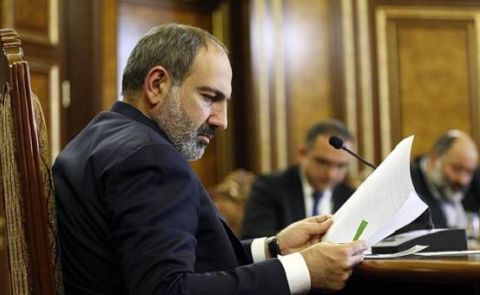
Pashinyan Commemorates First Republic Day, Highlights Progress in Sovereignty and Peace Efforts
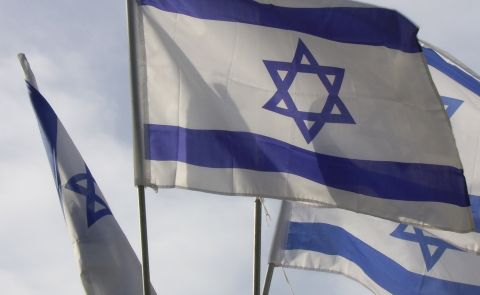
Israeli Ambassador to Armenia Acknowledges Challenges but Optimistic About Future Armenian-Israeli Cooperation
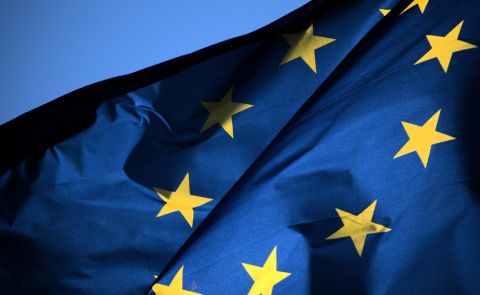
EU Plans Closer Cooperation with Azerbaijan, Georgia, Türkiye, and Other Black Sea States
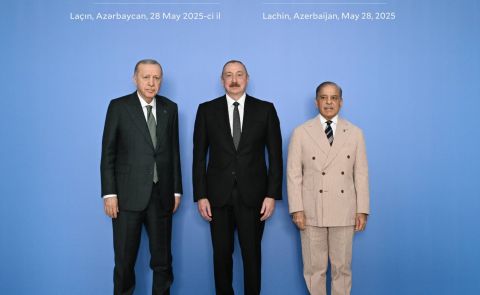
Azerbaijan, Türkiye, and Pakistan Highlight Growing Strategic Cooperation at Lachin Summit
